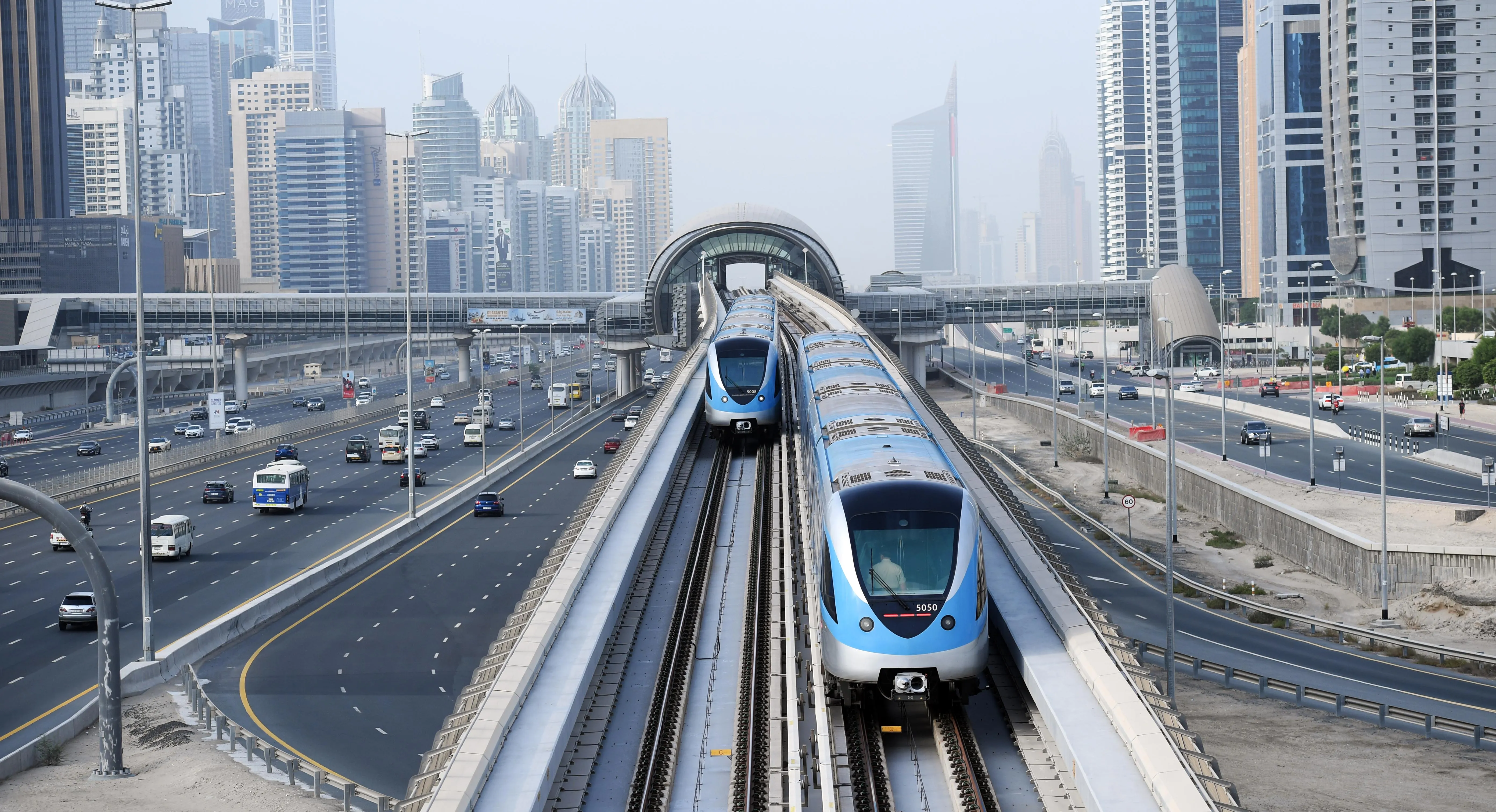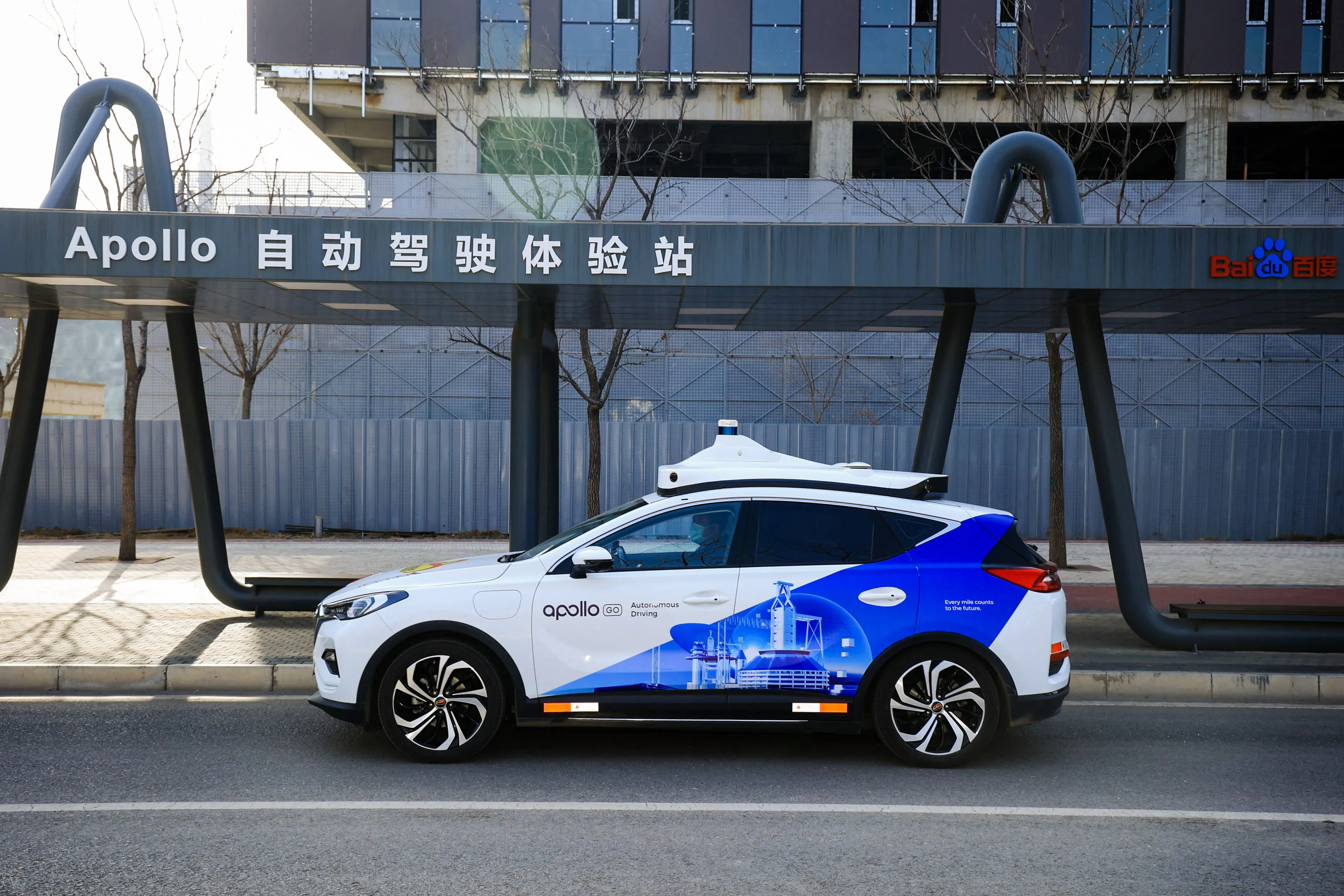
Keolis has won a nine-year contract worth €125 million per year to operate Dubai's autonomous metro and tram network from September.
The company says the Dubai Road and Transport Authority's (RTA) metro and tram services carry around 210 million passengers per year.
Keolis is to operate both modes of transport with its joint venture (JV) partners Mitsubishi and Mitsubishi Heavy Industries Engineering.
As part of the contract, the partners will operate and maintain the Dubai Metro Red and Green lines as well as Route 2020. It also includes all assets of the metro and trams, including control centres, stations and associated infrastructure.
Additionally, the JV is to train around 2,000 staff members to ensure operations prioritise safety and passenger satisfaction.
They will employ people in local communities while also enhancing multimodal journeys with technologies in real-time passenger information and optimised timetables.
The Dubai metro network features two lines (including Route 2020) spanning a total of 90km, including 15.8km of tunnels, and 53 fully air-conditioned stations offering facilities ranging from retail outlets to Wi-Fi.
The metro system is embedded into a wider, multimodal network offering comprehensive and accessible travel options, which link metro stations with bus and taxi services.
It provides access to key locations such as Dubai International Airport, Burj Khalifa, Dubai Healthcare City and the Expo 2020 site, where the United Arab Emirates is set to host the World Expo event for six months from October.
The tram network has a total length of 10.6km and consists of 11 stations and 11 Alstom Citadis trams, connecting to two metro stations: Dubai Marina and Jumeirah Lake Towers.
Keolis' nine-year contract comes with a possible six-year extension.










